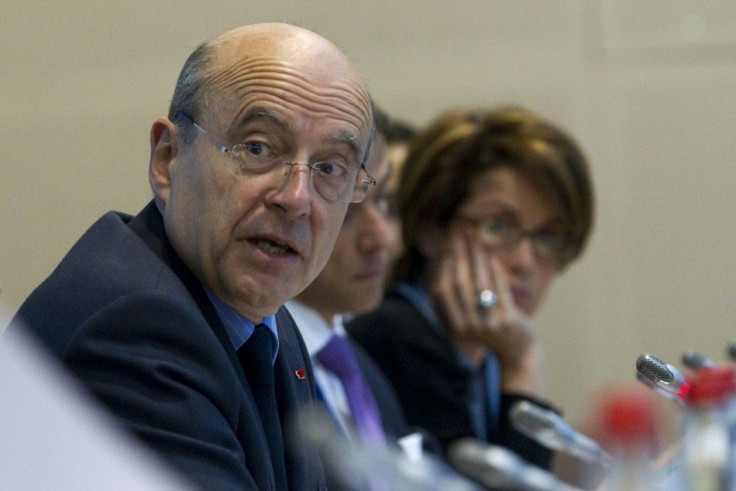Syria: Violence Worsening Despite Russia Halting Sale Of Small Arms To Assad Regime

Violence between Syrian opposition forces and government troops appears to be worsening, a rights group claimed Wednesday, further undermining a United Nations-brokered cease-fire.
The British Syrian Observatory for Human Rights said nine civilians were killed Tuesday, adding that the shelling of urban areas by government forces appears to be spreading to more towns and cities.
The news comes as Russia, a key ally of President Bashar al-Assad and one the country's largest weapons suppliers, said it would halt deliveries of light arms to Syria, in a bid to avoid exacerbating the conflict.
Russia ended the transfer of heavier weapons such as anti-tank missiles and grenade launchers to Syria earlier this year, after a shipment of arms -- intercepted in Cyprus -- caused an international outcry.
Until the start of the conflict 13 months ago, 10 percent of Russia's global arms sales went to Syria, with Moscow supplying aircraft, air defense systems and heavy weapons to the Assad regime.
In return, Syria allowed the Russians to operate out of the country's Tartus naval base, the last remaining such facility beyond the borders of the former Soviet Union.
On Wednesday, two vehicles carrying UN peacekeeping monitors sped away from a crowd of anti-Assad protestors in the capital Damascus after shots were fired, the AP reported.
A UN official later confirmed the team had toured the Arbeen suburb of the capital, with opposition sources later claiming security forces had fired to try and disperse the crowd, wounding eight.
The observers are part of a small six-man contingent dispatched to the country over the weekend to assess the viability of an expanded UN operation.
Also on Wednesday, government forces continued to shell the central city of Homs, killing at least two civilians, the AP added.
Elsewhere, French Foreign Minister Alain Juppe called for tighter sanctions against the Syrian regime ahead of a meeting of foreign ministers scheduled in Paris on Thursday.
The summit, which will include U.S. Secretary of State Hillary Clinton and foreign ministers from Turkey, Germany, the U.K., Qatar and Saudi Arabia, will discuss the current situation in Syria and try to decide if stricter sanctions are needed to force the Assad regime to comply with a six-point peace plan negotiated by UN and Arab League envoy Kofi Annan earlier this month.
© Copyright IBTimes 2024. All rights reserved.




















